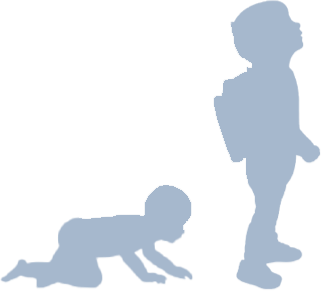Israel’s growth and future prosperity are closely linked to social resilience and cohesion, and rest on maximizing the potential of its most precious asset – children, youth and young adults.
Israel’s growth and future prosperity are closely linked to social resilience and cohesion, and rest on maximizing the potential of its most precious asset – children, youth and young adults.
Inter-generational mobility is the ability of the younger generation to climb up the social-economic ladder as compared to their parents. To advance social mobility, therefore, is to provide equality of opportunity in a world with unequal starting points.
Today, with upward social mobility at a low point, the future of Israeli children is determined in large part by the environment in which they grew up. However, this can and should be changed, creating a brighter future for Israel and its children.
Driving social mobility, thus dissolving the inter-generational correlation, is the main mission of the Rashi Foundation.
Upward mobility makes for a stronger society, whose members trust the fairness of public systems. In economic terms too, the benefits of higher social mobility include increased productivity and growth and decreased cost of welfare services.
Social mobility policy brief

By age 3, children from affluent families know twice as many words as children from low-income homes

Parents in the top quintile spend 9 times more than in the lowest quintile on private lessons and enrichment activities for their children

81% of young adults from affluent municipalities pursue academic studies, compared to 22% in weaker communities

Individuals holding a BA earn twice as much as those who finished high school without a diploma